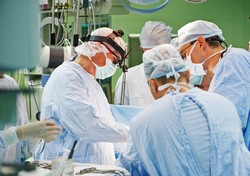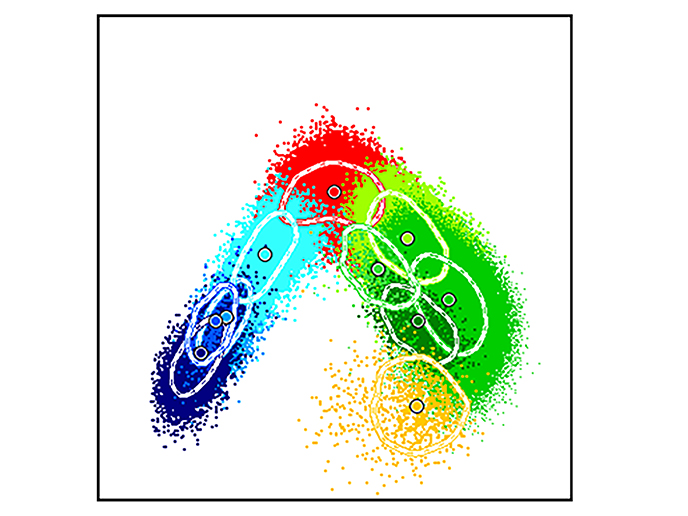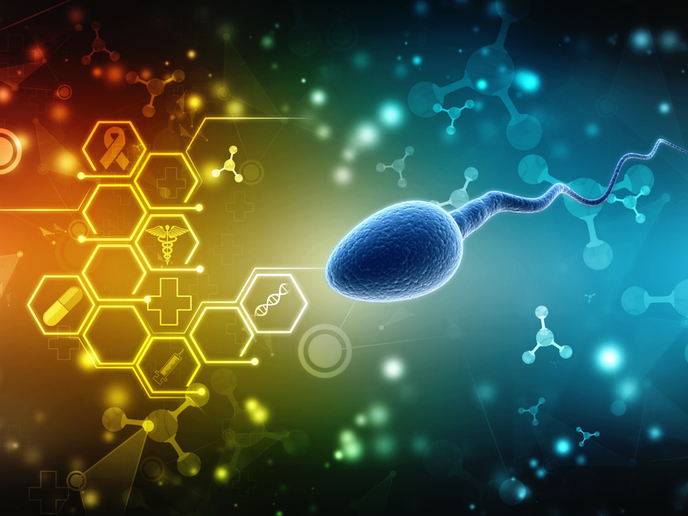Revolutionary 'iknife' for cancer surgery
Mass spectrometry is emerging as one of the most valuable analytical tools due to its high sensitivity, unparalleled specificity and ease of spectral interpretation. This method can provide information on lipids, metabolic compounds, drugs and certain proteins within cells. Importantly, it does not require any modification of samples and its minimal invasiveness enables analysis even in real-time. The rationale behind the EU-funded DESI_JEDI-IMAGING (Development of mass spectrometric techniques for 3D imaging and in-vivo analysis of biological tissues) project was that biological tissues express a characteristic metabolic fingerprint, which can be detected by molecular spectroscopy. For this purpose, they investigated the tissue metabolome of several known healthy and diseased mammalian tissue types. Their results revealed that the complex lipid profile of mammalian cells provide a conservative fingerprint for the unambiguous identification of tissues. An additional aim of the project was to establish mass spectrometry-guided surgery. In this context, scientists developed an intelligent surgical system known as 'iKnife', which combined surgical dissection instruments with real-time mass spectrometry detection. This innovative surgical device allowed in-situ tissue identification, which would be particularly useful in cancer surgery to achieve complete tumour resection while sparing healthy tissues. The 'iknife' required only seconds to identify the tissue compared to traditional histological methods that need approximately 40 minutes for the identification of tumour cells on the surgical margin. The device was successfully tested in the clinic for the unequivocal identification and resection of various types of cancerous tissue. Although regulatory approval is pending, the 'iknife' is expected to find numerous applications beyond surgery.







